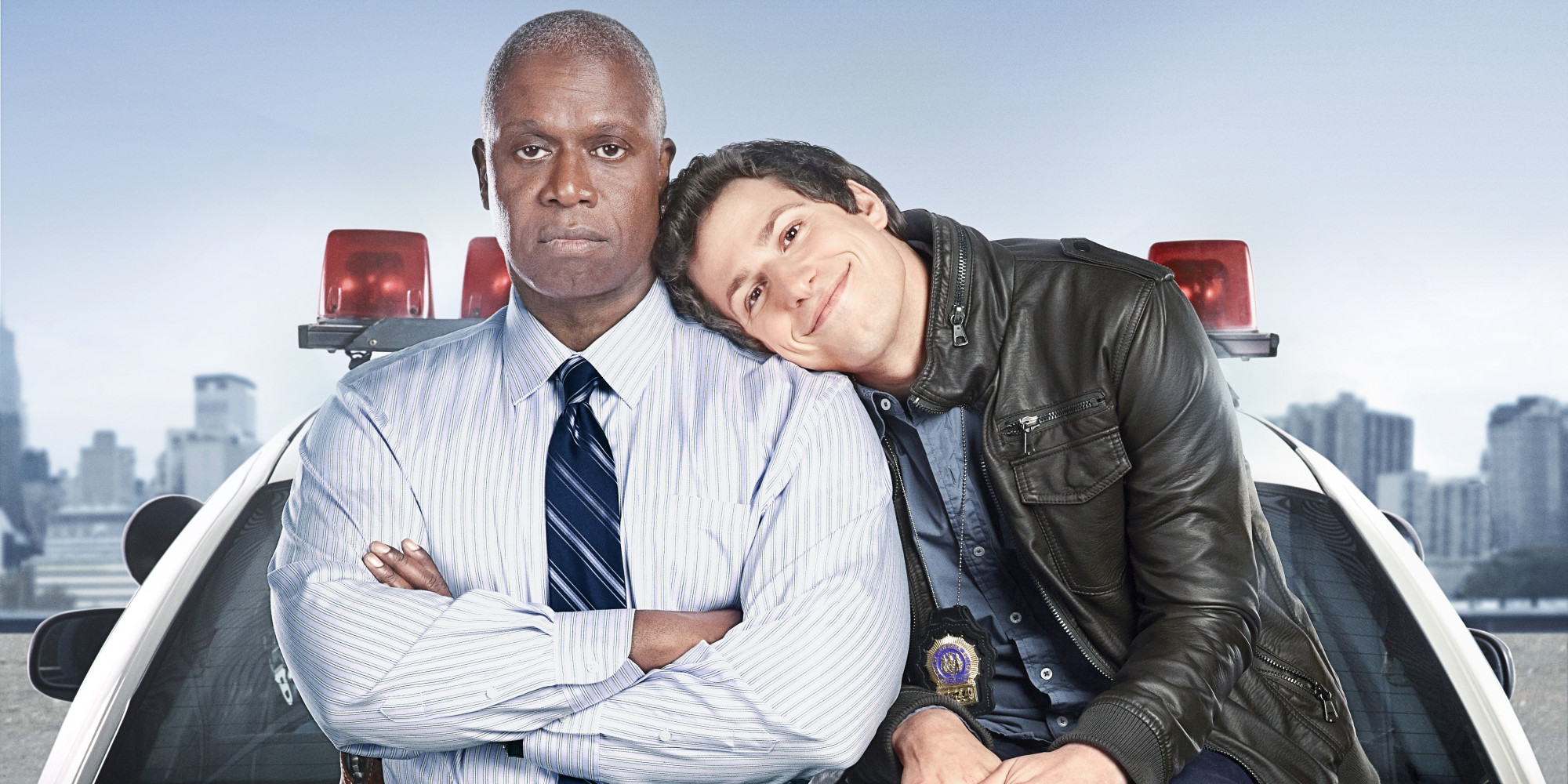Yeah, it's been a while. The last month or so I've been heavily invested in the Canadian election, which took a toll on my mental health, but at long last it's over. Our shithead government of the last decade is no more, and a handsome new government has taken its place. We'll see whether they live up to the hype.
But let's get back to talking about some games, shall we?
I've recently been going through a phase where I've been thinking about future games to run again, some of which have started to gel in ways that I know will lead to good gaming. Something I've had a real hunger for is to run something from my bucket list: a straight-up comedy game. There are lighter games, where the joking is part of the fun, and games where jokes help to defuse the tension, but playing a comedy game where comedy is the intention of play can be a hard sell with players. Sure, they say, we make jokes all the time during game play, but setting out to tell jokes and make each other laugh? That's doomed to failure!
I don't accept that logic, because it's never been true. It hasn't been true since the beginnings of the hobby, when games like TOON and GHOSTBUSTERS and PARANOIA explicitly made it their mission statement to produce comedy games, and there are few games in the canon that inspire more nostalgic love than that holy trinity. Like any kind of game that's outside your group's regular comfort zone, it requires a bit of a shift in perspective. Once people relax and realize that you're actually just goofing with your friends, same as usual, the pressure is off. From that perspective, it's probably an easier thing than dramatic roleplay; people aren't digging quite as deep or feeling as vulnerable when they're being goofy as they are when they're trying to play something serious and deep. Both can inspire stage fright, though.
My problem is that there isn't a modern game system that I feel does a really great job of enabling comedy play. I like INSPECTRES, but it feels like it's showing its age a bit. ATOMIC ROBO is a terrific adaptation of a very funny comic book, but there is nothing in its mechanics that particularly lend themselves to comedy (although it would be my first choice to run GHOSTBUSTERS or BUCKAROO BANZAI, if I were going to do so today). TEENAGERS FROM OUTER SPACE is an old game that does a lot of things right, as far as comedy game design goes, but the mechanics are also barely there and rely heavily on randomness. That's fine, but I'm not sure it's what I'm looking for.
I want something like Robin Laws's DRAMASYSTEM, but tuned for the smiling mask instead of the frowning one. I've observed before that comedy and drama have a great deal in common, so it should surprise no one that the same kind of tools would work for both genres. Characters in comedy want things, the same as characters in drama, but the stakes work slightly differently (even if they are just as high). Usually in a comedy it's not a matter of life or death, whether someone gets what they want, and if you think of comedy in terms of the television "situation comedy", often characters will make the same petitions of each other on a regular basis. Sam Malone tries to woo Rebecca, his boss, and isn't put off for long when she rebuffs him. Blackadder schemes to milk some cash/prestige out of his boss, the Prince Regent, but at the end of the episode he's back in the basement with Baldrick. Peralta struggles with Captain Holt over appropriate behaviour as a police detective, but any concession one of them makes won't last very long.
Sitcoms are static, as a rule, although you might see temporary changes that upset the status quo for a short period (such as two characters choosing to have a fling, like Boyle and Gina on Brooklyn Nine Nine) things tend to return to the original premise of the show, the "situation" of the comedy.
If you look at comedy in films and stage plays, of course, the shorter form tends to focus around a single conflict (two young people who Meet Cute and struggle over whether they're going to end up in a relationship together or not, the Ghostbusters try to keep their business afloat against a roiling sea of bureaucracy and supernatural evil, unhappy young couples take to the woods and resolve their relationship issues with help from the fairies) with a more firm resolution. In the broadest sense, "comedy" means a story where things resolve more-or-less happily for the nice main characters and the bad guys are punished for being jerks. So Mary and Ted get together eventually, despite the meddling of private detective Ted, the Ghostbusters remain solvent and both Gozer and Walter Peck are banished from New York, and all those crazy Shakespearean kids get married.
So how do we use this in a game?
To be continued...


No comments:
Post a Comment